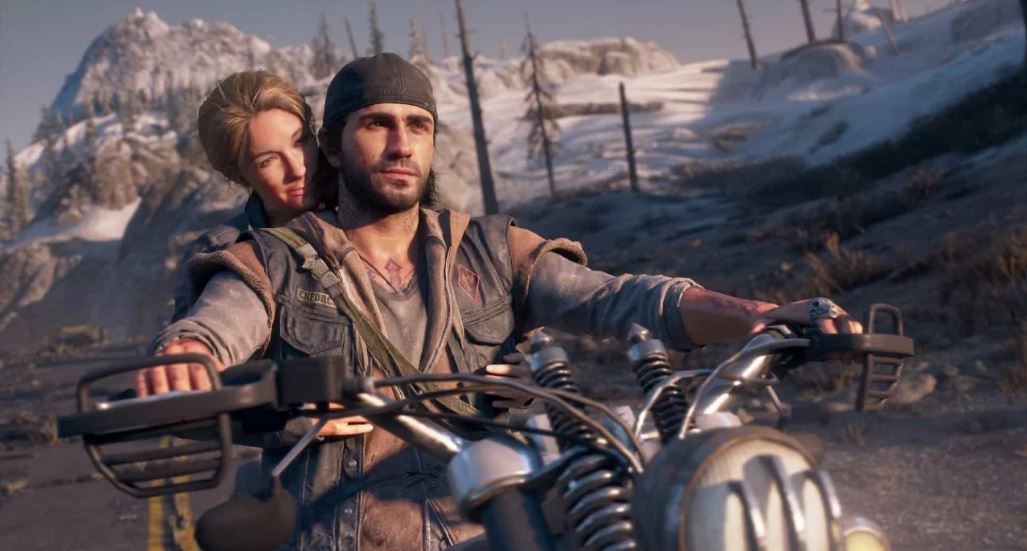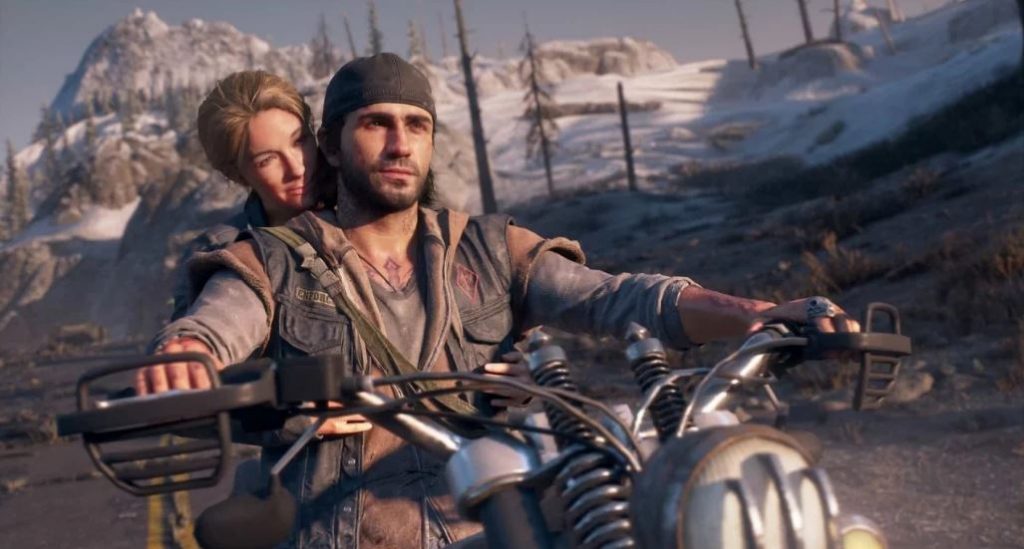Recently, Days Gone and Rage 2 were released to less-than-spectacular reviews. While these games failures and successes aren’t exactly the same, there are a few things that bind both titles. Both showcase a post-apocalyptic world, both suffer from some technical shortcomings, and both were hyped ahead of their release.
Yet, there is one thing above all else that unites Rage 2 and Days Gone: they’re both open-world games that don’t really benefit from featuring an open-world.
Ever since Grand Theft Auto III was released in 2001, the video game industry has been obsessed with open-world (sometimes called “sandbox) games. GTA III was not the first open-world game, but it was the first that showcased the blockbuster potential of the concept. No other open-world game before it was quite as refined, quite as narrative-driven, or as simply fun to play.
As time went on, open-world games evolved. GTA III was able to get by with a few missions and a couple of collectibles because the novelty of existing in this world and exploring it was still quite strong. However, subsequent open-world titles greatly increased the number of things players could do in those worlds. This practice was most evident in the early Saints Row games and titles like Just Cause which aimed to turn open-worlds into pure playgrounds.
There came a time, though, when many developers of open-world titles settled on a formula. It’s a formula that many of come to associate with popular Ubisoft games and usually involves players scouring maps for various collectibles, completing minor objectives, and unlocking more areas of the map. This design became a formula in the first place because it generally works. Many games that utilize it have sold quite well and have been reviewed quite well.
Days Gone and Rage 2 both utilize this formula, but neither game particularly exceeds at it. Actually, you get the feeling that the developers of both games felt – or were forced to feel – a sense of obligation to make their games in this style.
Days Gone feels like dutifully checks nearly every open-world design convention and seemingly expects the player to fill a thrill from dutifully checking off the games various “collect this” and “kill that” objectives. Meanwhile, it attempts to tie together many of these activities with stories that feel as if they were stretched thin across the game’s often buggy world in order to accommodate it.
Rage 2 features a quite brilliant shooting system, but every moment spent wandering from shooting gallery to shooting gallery invokes the feeling of a daily commute rather than a sense of adventure. What’s strange is that the game was made by much of the same developers responsible for Mad Max; a title that featured an amazing world to explore.
This “I need that spreadsheet in by 5” method of open-world design is understandable from a business standpoint, but for creativity’s sake, it raises the question of whether or not we’ve reached the point where developers need to start asking whether not their games really need to be open-world titles.
The best recent open-world games (such as The Witcher 3, Red Dead Redemption 2, and Spider-Man) have either exemplified the kind of world-building that requires making an open-world game or feature a character that would have only worked in the open-world. Other titles like God of War took what was needed from modern open-world games but rarely felt like it was completing an obligation.
What Days Gone and Rage 2 show us is that we’ve reached a point when open-world games designed to capitalize on the success of the open-world formula are going to have a harder time disguising their intentions and getting by. That’s next evolution of the open-world genre has nothing to do with the death of the genre or even the death of this particular formula. No, the evolution of the open-world genre involves it becoming just another genre used by creators who intend to capitalize on it rather than those who feel obliged to utilize it.





